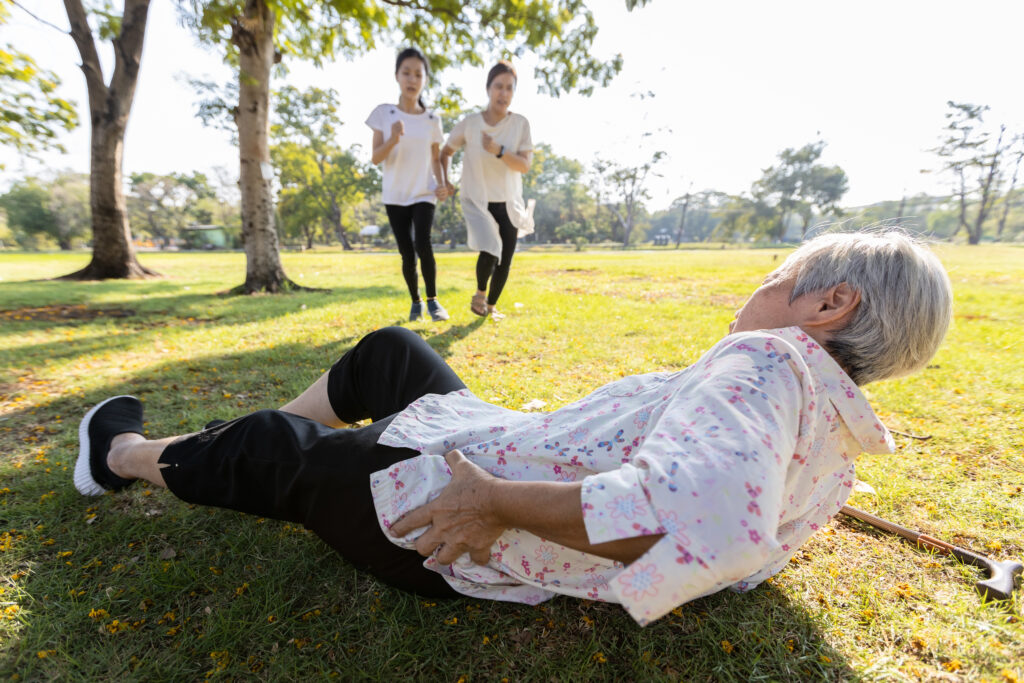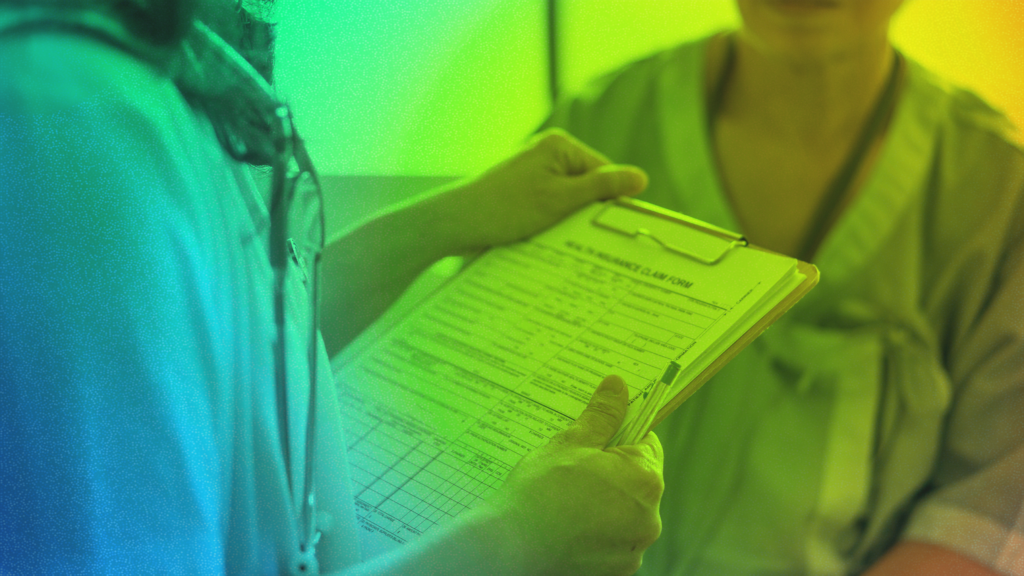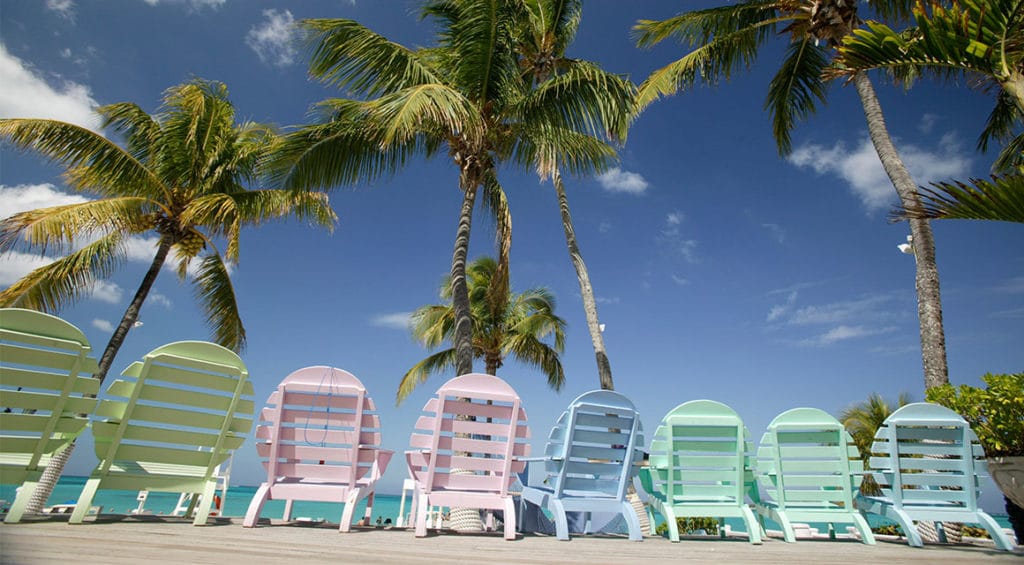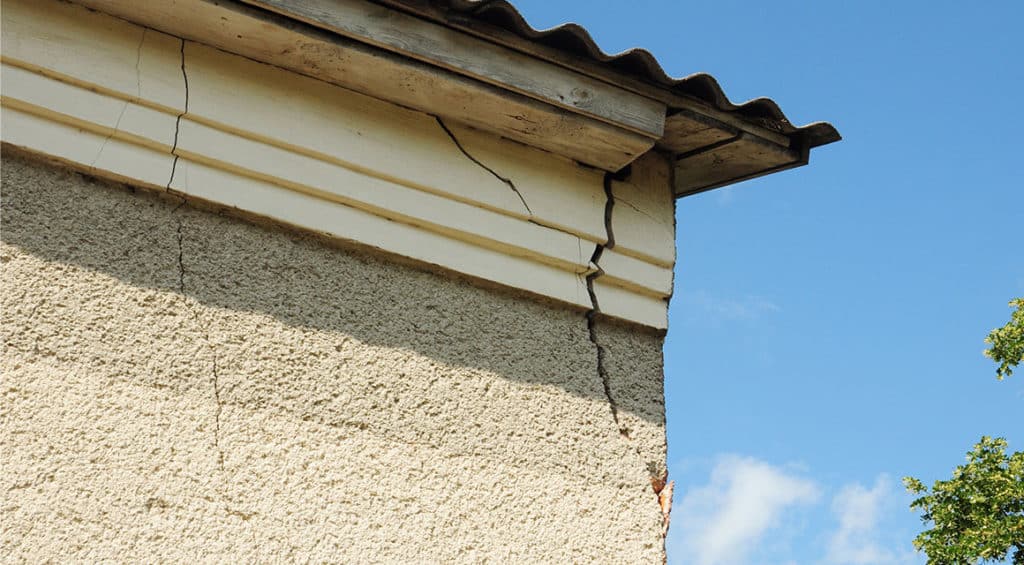Florida Premises Liability Attorneys
Property owners are responsible for ensuring their premises are safe and free from hazards for employees, visitors, and others lawfully on their properties. If you suffer an injury caused by a property owner’s negligence, they may be liable for your medical costs and lost wages arising from the accident. A Florida premises liability lawyer from Farah & Farah can hold the appropriate person or entity responsible for your losses. Contact us today to schedule a free case evaluation.
Home » Florida Personal Injury Lawyers » Florida Premises Liability Attorneys
Whenever you frequent someone else’s property, you expect them to provide a safe space where you can shop, work, or connect socially with others. However, accidents can happen if they don’t take their duty seriously, leaving you with severe injuries that require extensive medical treatment.
Fortunately, Florida law allows you to pursue a personal injury claim against anyone whose property negligence results in your injury. With the help of a Florida premises liability attorney from Farah & Farah, you can potentially collect compensation for medical bills, lost wages, and pain and suffering resulting from an accident.
Why Hire A Florida Premises Liability Lawyer?
Florida premises liability law can be quite complex. If you attempt to handle your claim alone, you’ll likely deal with big insurance companies that use various tactics to limit your compensation. If they offer you a settlement, it may be much lower than the amount you need to cover your medical expenses or lost wages.
Hiring an attorney from Farah & Farah is ideal simply because we have years of experience in personal injury law and understand the evidence necessary to hold property owners accountable. We’ll examine the circumstances of your case to determine the appropriate compensation and negotiate a fair settlement on your behalf. If the responsible party is unwilling to provide you with a fair deal, we have no problem taking them to court.
How Much Does a Florida Premises Liability Attorney Cost?
The skilled attorneys at Farah & Farah work on a contingency basis. We don’t bill by the hour. You won’t owe us anything if we cannot obtain a settlement or verdict on your behalf. Put simply, you pay us nothing unless we win your case.
What To Expect From Our Florida Premises Liability Attorneys
When you hire an attorney from Farah & Farah, you can expect a seasoned lawyer with years of experience handling premises liability claims. Our premises liability firm has helped thousands of clients recover fair compensation in personal injury claims since we opened our doors in 1979. Our familiarity with common tactics to avoid fair compensation allows us to go toe-to-toe with Florida’s biggest insurance companies and entities.
Some of our attorneys have previous experience defending insurance companies, so they know what insurers look for when trying to minimize their losses. We also have access to extensive resources that can help prove your claim, including medical experts. Our team will work tirelessly on your behalf so you can focus on your recovery.
Our Recent Premises Liability Wins
- $1,700,000 for a mechanic injured when a 20,000 lb. sign collapsed on him
- $800,000 for a forklift accident while unloading a truck that resulted in shoulder and neck surgery
- $750,000 for a client who slipped and fell in a puddle of water at a large retail supercenter
- $460,000 for an 80-year-old client who slipped and fell on water leaking from a fast-food restaurant bathroom and suffered a head injury
- $450,000 for a client who slipped and fell at a fast food restaurant and needed back surgery
- $350,000 for a client who suffered neck and back injuries in a fall because of an ongoing, known water leak at a major retailer
- $198,000 for a woman who suffered a broken ankle in a fall on water from a leaky faucet in a break room
- $195,000 for an apartment complex resident who suffered a head injury when a clothes dryer fell from its stand above a washer and struck her
- $130,000 for a man who fell and broke his arm when his pant leg got caught on a broken concrete stop at a fast food restaurant parking lot
What Compensation Can Be Recovered for Premises Liability Claims?
When you file a premises liability lawsuit, you can potentially recover damages to cover expenses related to the accident, including the following:
- Past, present, and future medical care
- Lost wages for time missed from work
- Lost earning capacity and business opportunities
- Pain and suffering
- Emotional Distress
It’s critical to speak with a skilled Florida premises liability lawyer who can evaluate your case and determine how much compensation you may qualify for.
Florida follows a doctrine known as “comparative fault” or “comparative negligence” when it comes to personal injury claims. This rule essentially determines how damages are awarded based on each party’s share of negligence in a lawsuit.
In a “comparative fault” state like Florida, a person can recover damages in a negligence action even if he or she was partially at fault. For example, if you were 30% responsible for an accident, you can still recover the remaining 70% of your losses from the other party.
What Is Premises Liability?
Premises liability refers to a property owner’s responsibility for ensuring the safety of their property for individuals who visit it. Premises liability law applies to anyone who owns or leases a Florida property, including retail stores, employers, homeowners, and apartment complexes, among other spaces.
If you suffer an injury on someone’s property, and their negligence led to your accident, they can be held liable for your financial losses.
Common Premises Liability Cases
A few common situations where a premises liability accident may occur include the following:
- Store merchandise improperly stacked
- Unrepaired floorboards in a stairwell
- Broken concrete and potholes
- Unsecure guardrails along a stairway or escalator
- Elevator accidents
- Liquid spills in public areas
- Exposed wires or cords
- Negligent security measures leading to an assault
Slip and fall accidents are types of premises liability claims. A slip and fall accident occurs when someone trips or slips on debris or liquids, resulting in an injury.
Common Premises Liability Injuries
- Broken bones
- Sprains and strains
- Traumatic brain injuries
- Damage to the back or neck
- Cuts and lacerations
It’s crucial to seek medical attention following a premises liability accident. A physician can evaluate your injuries and ensure you receive proper treatment.
Proving a Premises Liability Claim in Florida
To be successful in a claim, you must demonstrate the following premises liability elements in Florida:
- A person or entity owned, leased, or otherwise controlled the site where your injury occurred
- The responsible party owed you a duty of care to keep the property free of hazards
- The responsible party knew about or reasonably should have known of hazards on the property and didn't take action to rectify them
- You suffered an injury as a result of the responsible party's negligence
- Your injuries resulted in damages to you, such as medical bills or lost wages
Florida law requires property owners to maintain the property in a reasonably safe condition and warn visitors of hazards. Business owners may be liable for a premises liability claim if they fail to exercise reasonable care in maintaining their storefront or office. If they can’t immediately fix a hazardous area, they must inform visitors of the problems by verbally warning them or providing clear signage.
However, property owners and businesses generally owe no duty to trespassers. However, there is an exception for children, who often enter properties unannounced. If the property is known to attract children, even trespassers, the owner must exercise some care in keeping the facility or place safe.
How Are Premises Liability Cases Different in Florida?
If you can demonstrate your accident occurred on someone else’s property, they owed you a duty of care, and you suffered an injury that resulted in damages, it still may not be enough to qualify for compensation. Florida Statute § 768.0755 applies to commercial properties, requiring that an accident victim prove the business owner or staff had constructive knowledge of the hazards and didn’t take appropriate action to correct them.
For example, assume a grocery store customer knocks over a milk carton, which spills on the concrete floor. The customer seeks a manager’s assistance with the cleanup, but you slip on the milk and break your leg in the meantime. The grocery store might argue they didn’t have constructive knowledge of the spilled milk and couldn’t have acted in time to prevent your injuries. However, if the customer notified the manager and they had adequate time to remove the liquid before your accident, you would likely meet Florida law’s constructive knowledge requirements.
Another way to meet the constructive knowledge requirements is by proving such hazards regularly arose at the property, and the business owner had reason to foresee them.
A skilled Florida premises liability attorney at Farah & Farah can evaluate your case to determine whether it meets the legal requirements for a successful claim.
What To Consider When Talking to Insurance Companies After Your Premises Liability Accidents
Following a premises liability accident, you may receive phone calls or correspondence from insurance companies seeking to discover what happened. However, the insurance company is not on your side. Insurers are businesses driven by the bottom line. The insurance company will likely look for ways to avoid compensating you for your losses. Providing any information that adversely impacts your case can reduce or eliminate your due compensation.
Some insurance companies may attempt a lowball early settlement, especially if they believe there is a chance you’ll file a lawsuit. Speaking with a Florida personal injury lawyer before accepting any settlement is crucial, as the amount they offer may not reflect your actual losses. A Farah & Farah attorney can review your offer and negotiate a reasonable amount for your injuries.
Contact Farah & Farah for Help Today
If you suffered an injury due to someone else’s negligence, you deserve compensation for your losses. While an attorney can’t heal your injuries, we can fight for the money you need to cover medical bills, lost wages, and reduced quality of life.
Our Florida premises liability law firm takes a personalized approach to premises liability claims, and our hard work can help you obtain the compensation you need to move forward in your life.
To schedule your free case review, fill out our client intake form or call (877) 245-6707.
Premises Liability FAQs
What Is a Slip and Fall?
A slip and fall occurs when someone slips or trips over liquids or debris on a floor, staircase, or other walkway. Sometimes, a property owner’s negligence can cause a slip and fall accident. Victims may experience serious injuries, including fractures, lacerations, and head or brain injuries.
Can I Sue a Hotel for a Slip and Fall Accident?
Yes. Hotel owners and staff are responsible for ensuring the safety of their guests and other visitors. If employees don’t properly clean up a spill, debris, or other hazardous area and know of the dangers, they may face a premises liability lawsuit.
What if a Crime Occurs in the Parking Lot? Is a Hotel or Business Responsible?
It’s possible. If the hotel or business is located where crime is common or prior crimes have occurred on the property, the hotel owner could have taken preventative action to protect guests. Measures such as hiring additional security staff or installing bright lighting in dark areas could help prevent crimes in a hotel’s parking lot.
How Does the Law Determine What Is ‘Reasonable’ for a Property Owner?
A property owner must take reasonable actions to ensure a visitor’s safety. It’s reasonable for a property owner to inspect their property for damage and make timely repairs. If a property owner doesn’t take the necessary actions to repair or remove hazards from the property, they may be liable for any injuries a visitor suffers.
What Is Comparative Fault?
Florida Statute § 768.81 requires courts to consider an individual’s actions contributing to an accident, known as comparative fault. The law assigns a portion of responsibility to the property owner, visitor, and others involved in a premises liability accident. Victims can still pursue compensation if they are less than 50 percent at fault for the accident. The recoverable compensation will be reduced in proportion to the victim’s share of the fault.

Why Hire A Florida Premises Liability Lawyer?
How Much Does a Florida Premises Liability Attorney Cost?
What To Expect From Our Florida Premises Liability Attorneys
What Compensation Can Be Recovered for Premises Liability Claims?
Common Premises Liability Cases
Common Premises Liability Injuries
Proving a Premises Liability Claim in Florida
How Are Premises Liability Cases Different in Florida?
What To Consider When Talking to Insurance Companies After Your Premises Liability Accidents
free case review
Client Testimonials


YOU AND YOUR FAMILY

Injured?
Related Blogs













